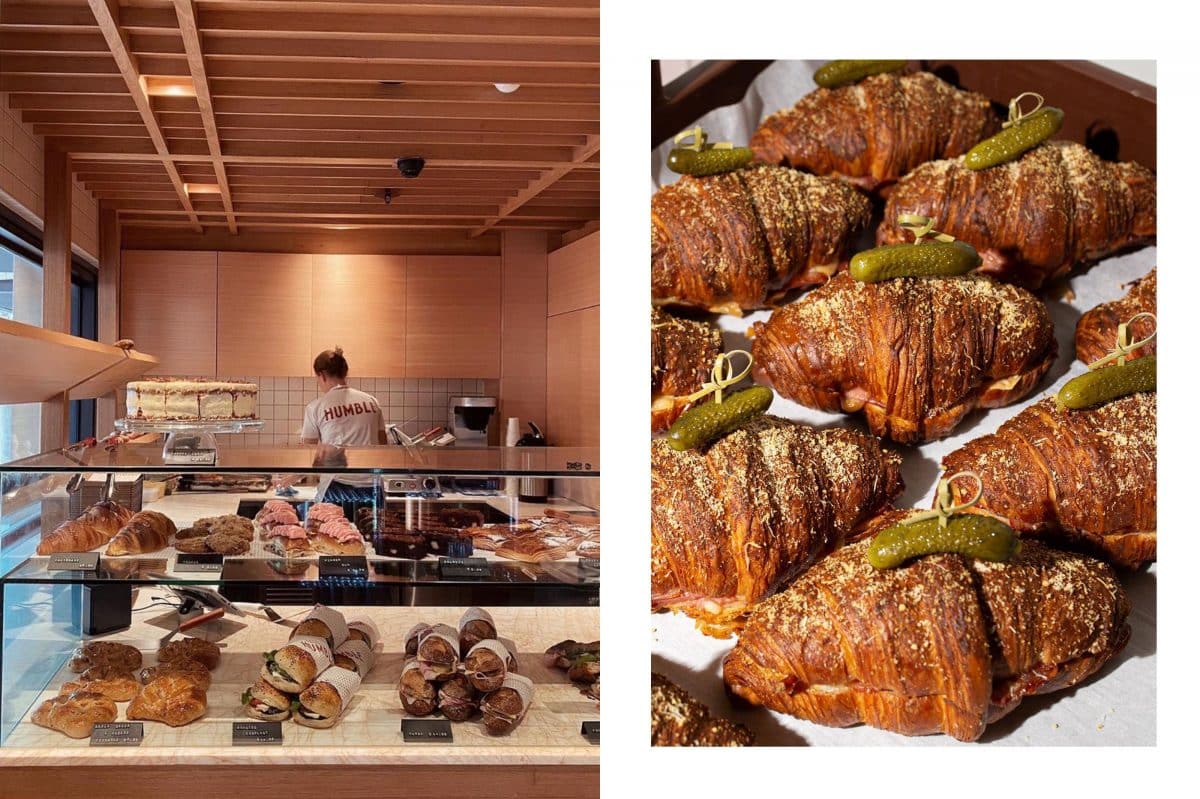
Every day I find myself in a conversation about gut health. It’s not only highly topical at present, but also something that’s valuable for everyone to know about. While there are a wealth of resources to turn to and gain more insight, there are a few basic terms which will help give you the foundations to understand the importance of gut health. Take a bite into some of these …
Gut microbiome
The gut microbiome refers to the millions of microbiota, microorganisms and bacteria in our gut. A number of factors can influence the state of our gut microbiome, including stress, diet, age and health status. Similarly our gut microbiome can influence a number of factors in our lives – including immunity, digestion, ageing, cognitive function and mood. Every day we have the opportunity to make an impact on the status of our gut microbiome through our dietary and lifestyle choices. What’s incredible is that our gut microbiome can change and evolve within a relatively short period of time, which in turn plays into the state of our health.
“Before you turn your nose up at all the ‘fermenting’ factor, absolutely don’t knock it until you try it”
Probiotics
You may have heard this term fairly frequently and potentially are even taking a probiotic supplement or increasing probiotic rich foods in your diet. For those new to gut health, probiotics are ‘good’ bacteria that support the production of more healthy bacteria in the gut. We sometimes refer to probiotics as feeders to the garden that is in our gut. Whilst you can find probiotic supplements readily available in the fridge of a pharmacy or through your healthcare practitioner, you can also look to the diet and increase probiotic-rich foods to feed the ‘garden’. Probiotic rich foods include kimchi, sauerkraut, miso, yoghurt and fermented tea, best known as kombucha. And before you turn your nose up at all the fermenting factor, absolutely don’t knock it until you try it. We’re far more savvy with food these days than to feed people fermented food or beverages that don’t actually taste good too.
Prebiotics
You may not hear about prebiotics as frequently as probiotics, but they play an incredibly important role too. Prebiotics are undigested fibre that stimulate the growth of the bacteria in the gut, playing a role in modulation of the gut microbiota, improved mineral absorption, possible protection against colon cancer, improved blood glucose and insulin profiles, protection against intestinal infections and more. And the best part? Chances are you’re already eating pre-biotic rich foods if you’re consuming a wholefoods diet. But just in case, consider upping your intake of key prebiotic rich foods including garlic, onion, leeks, shallots, asparagus, beetroot, fennel, peas, cabbage, chickpeas, lentils, red kidney beans, peaches and nectarines, cashews and pistachio nuts to get your hit.
Jacqueline Alwill is a qualified, practicing nutritionist, author of Seasons to Share and director at The Brown Paper Bag.



